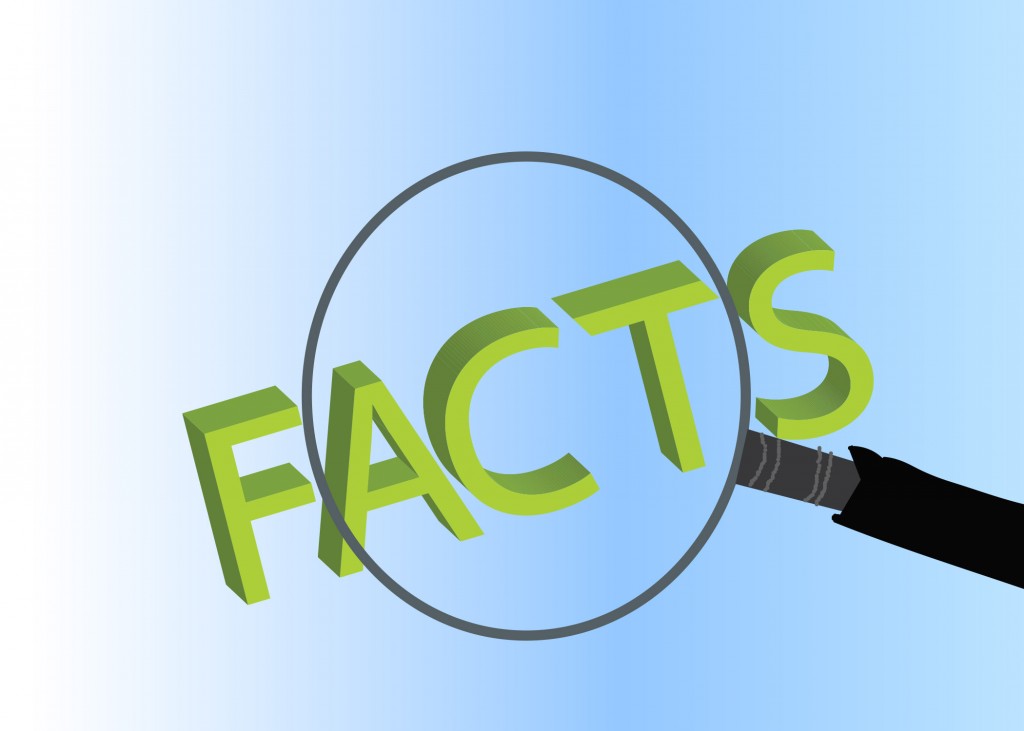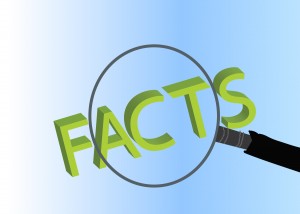What You Need to Know About Filing for Sole Proprietorship in Canada
 What is a Sole Proprietorship?
What is a Sole Proprietorship?
Entrepreneurs can structure their businesses in a variety of ways, one of which includes a sole proprietorship. A sole proprietorship is established when business owners do not seek limited liability status or incorporation for their business. Instead of seeking a legal separation between personal and corporate entities, a sole proprietor will file their personal and business taxes together.
Remember that many entrepreneurs make the mistake of choosing the wrong legal identity for their business. A sole proprietorship may seem attractive because it does not require business owners to legally establish, differentiate or incorporate their business. However, negating these legal complexities and remaining as a sole proprietorship prevents entrepreneurs from having any protection against liability.
Before filing as a sole proprietor, check with a tax accounting professional to be sure that you are not putting yourself or your company at a financial disadvantage. Once you’re certain that a sole proprietorship is right for you, follow these steps to file properly.
Income Tax Dates & Deadlines for Sole Proprietors
- When you are a sole proprietor, you have until June 15th to file your income taxes.
- Your spouse or common law partner will also have until this date to file.
- Remember that you are responsible for paying any outstanding tax balance by April 30th
- Sole proprietors must have a year-end of December 31st
If your business is generating revenue, you will need to be aware of the April 30th due date to avoid interest. Even if you do not believe that your sole proprietorship is generating income, you need to triple check with a certified accountant to ensure that Canada Revenue Agency will not be awaiting payment of your balance.
Combine Personal & Business Income Tax Return
- When completing your T1 personal income tax return, a sole proprietor does not need to separately file for his/her personal and business income.
- Your total income will be recorded on the same T1 income tax return.
- Filing on the same T1 form will not change even if you have multiple businesses, as long as all of them remain unincorporated
Deductions & Tax Documentation for Sole Proprietorship
When you own your own business, you can claim a wider variety of deductions. All of these deductions will need to be accounted for on your T2125 form. Remember, you can deduct any reasonable expense incurred to earn business income. Deductible expenses include any GST/HST incurred less the amount of any input tax credit claimed. Documentation for all expenses does not have to be submitted with the tax return but must be maintained for potential review by Canada Revenue Agency. You can learn more about accurately accounting for your deductions here.
- Keep track of all of your personal and business documentation that may be relevant to the filing of tax returns (/tax-services/)
- Keep official records of your personal and business deductions to file an accurate income tax return.
Please note that self-employed individuals can register to be eligible to receive Employment Insurance special benefits.
Filing Taxes as Sole Proprietor
When you are running your own business, always be cautious when it comes to filing your taxes. Have a serious conversation with a knowledgeable professional about your accounting procedures and guidelines. Take the time to look over the facts, weigh the pros and cons, and decide what legal identity will be the most strategic for your company.
Set yourself up for success by establishing your priorities at the outset of your business, and by leveraging opportunities to limit costs in a legitimate way. Consult a seasoned accountant with experience in accounting for entrepreneurs who will not only help to handle and reduce your taxes, but also position your company for increased profitability.
The information for this article has been taken from: http://www.cra-arc.gc.ca/tx/bsnss/tpcs/slprtnr/menu-eng.html







 What is a Sole Proprietorship?
What is a Sole Proprietorship?